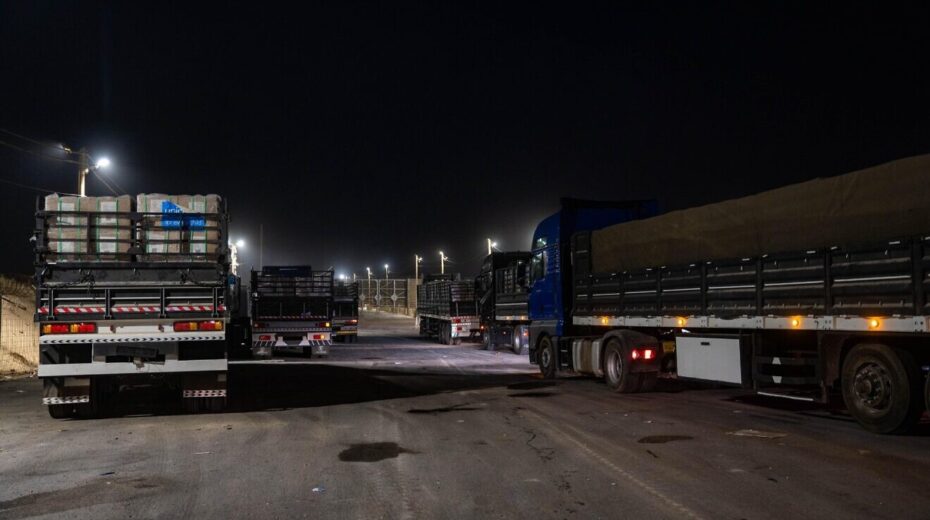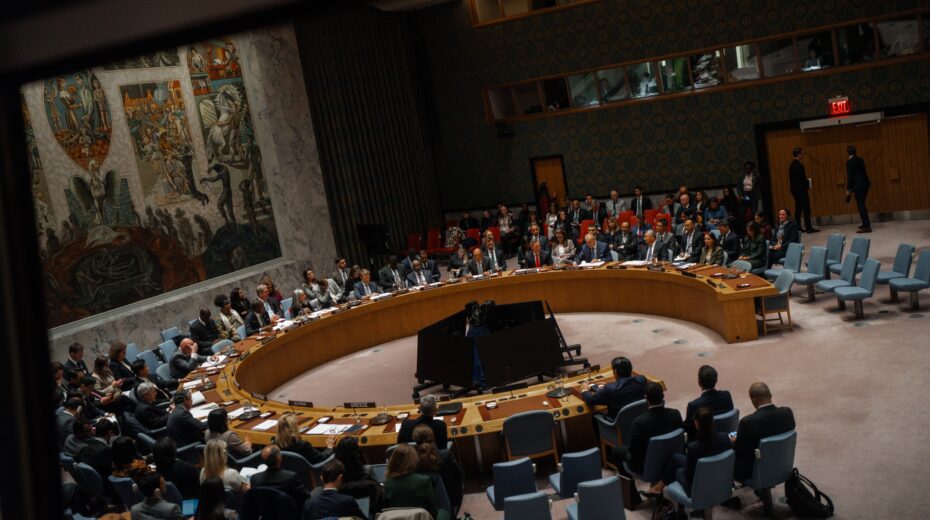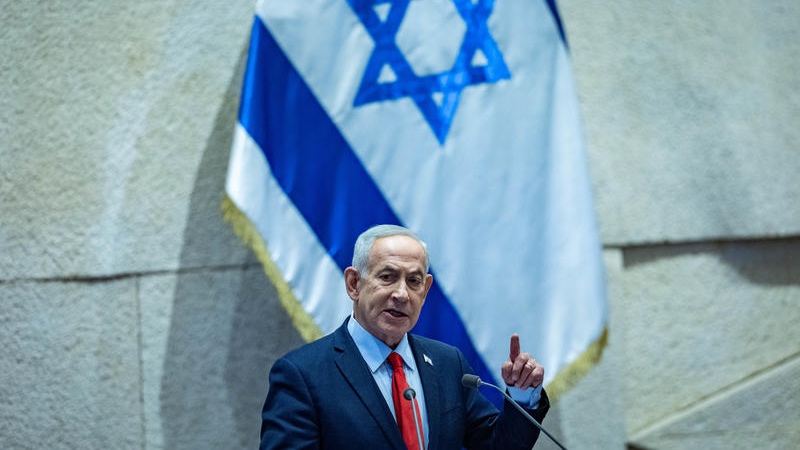The Biden administration has stepped up pressure on Jerusalem to meet a host of demands focused on vastly expanding the entry of humanitarian aid into the Gaza Strip, according to Axios.
On Oct. 13, Axios reported that Washington had sent a letter to Israel giving Jerusalem an ultimatum: Improve the humanitarian conditions in the Palestinian enclave within 30 days or risk a hold-up in the supply of US weapons.
On Oct. 15, the White House confirmed the contents of the letter.
John Kirby, the White House national security communications adviser, told reporters at a briefing that the letter was prompted by a “recent decrease in humanitarian assistance reaching the people of Gaza.”
“I can confirm that Secretary (of Defense Lloyd) Austin and Secretary (of State Antony) Blinken co-signed the letter you’re talking about, and it was sent to their Israeli counterparts,” said Kirby. “I would note that the Biden-Harris administration made a similar request for concrete measures with respect to humanitarian assistance back in April with a similar letter, and that letter did receive a constructive response from the Israelis.”
According to Axios, the letter spelled out 15 policy changes required to avoid an embargo.
“Failure to demonstrate a sustained commitment to implementing and maintaining these measures may have implications for US policy under NSM-20 and relevant US law,” it went on to say.
A US official told Axios that if Jerusalem fails to meet the demands by Nov. 13, military assistance could be suspended, a step which the article notes the Biden administration has not taken but that is gathering more support at the State Department.
The article also notes that it could be the first major decision taken by the Biden administration following this Tuesday’s presidential election.
It comes against the backdrop of a major Israeli operation to prevent Hamas terrorists from regrouping in Jabaliya in northern Gaza, with the United States concerned that not enough humanitarian aid is being delivered to that area during the operation.
Blinken and Austin reportedly raised demands for more aid in recent conversations with Israeli officials.
“Both of us and our teams are tracking very carefully Israel’s responsibilities to meet the letter of the law … with regard to the provision of humanitarian assistance,” Blinken said at a press conference with Austin on Oct. 31, as quoted by Axios.
They stressed that Israel had made progress, but that more needs to be done.
“It’s not enough to get trucks to Gaza. It’s vital that what they bring with them can get distributed effectively inside of Gaza,” said Blinken.
Two Israeli officials and two US officials told Axios that State Department officials had “difficult” meetings and phone calls in recent days with their Israeli counterparts.
Concerns were also reportedly raised about Jerusalem banning the United Nations Relief and Works Agency (UNRWA).
Israel’s Knesset on Oct. 28 made it illegal for UNRWA to operate in Israeli territory, and for state officials to cooperate with the agency.
The two laws were passed by a large majority following the exposure of UNRWA staff complicity in Hamas’s Oct. 7, 2023 massacre, and despite pressure from the United States and other countries against the move.
Blinken spoke on Friday with Israeli Strategic Affairs Minister Ron Dermer about “de-escalating” the situation in the Middle East, including measures to increase humanitarian aid efforts in the Gaza Strip.
“The secretary emphasized the importance of ending the war in Gaza and bringing all of the hostages home, as well as charting a path forward in the post-conflict period that provides governance, security, and reconstruction,” according to a State Department readout.
Blinken moreover “discussed the dire status of humanitarian conditions in Gaza, reviewed steps that have been taken to improve the situation, and urged further actions to surge aid to civilians.”
In the Friday discussion between Blinken and Dermer, the former reaffirmed Washington’s “ironclad commitment to Israel’s security against threats from Iran and Iran-backed proxy groups.”
The officials moreover spoke about a diplomatic resolution in Lebanon that would permit both Lebanese and Israeli civilians to return safely to their homes in the south and north respectively.
Dermer is tasked with drafting the Israeli response to the Blinken-Austin letter, according to Axios, which is expected to be finalized and sent after the US election.
While US officials said that Israel has taken steps to implement some of the American demands, they suggested that others will be hard to meet, including the entry of 350 aid trucks into Gaza each day by Nov. 13. Also, several of the US demands need to be approved by the Israeli Cabinet, which is not expected to happen until after the US elections.
With reporting by JNS.














